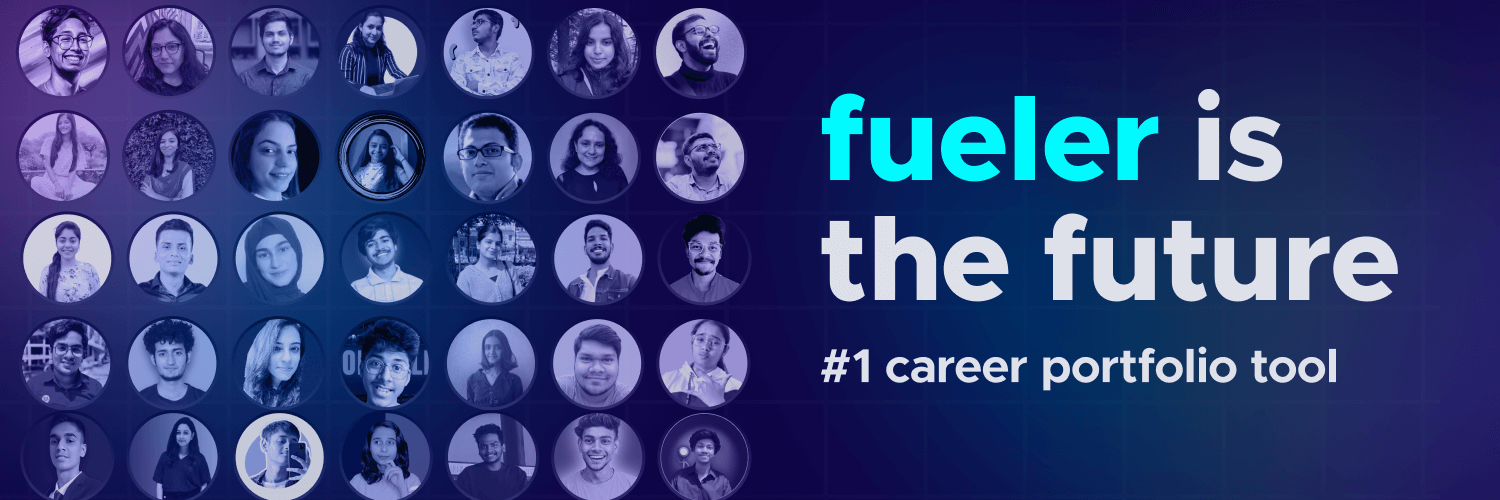DU Student Claims "50 Certificates, 10 Medals and 10 Trophies" - Still Didn't Get an Internship

Riten Debnath
20 Apr, 2025

As the founder of Fueler, a platform that helps companies hire based on real work assignments, I’ve seen firsthand how broken traditional hiring methods are. Resumes and interviews alone don’t show a candidate’s true skills. That’s why I believe hiring through assignments is the future—and a recent post on Threads by @buzz.indica perfectly highlights why.
The Problem with Traditional Hiring
Most companies rely on resumes and interviews to hire people. But here’s the truth: resumes can be exaggerated, and interviews are often stressful, making it hard for candidates to perform their best. Many talented people get rejected simply because they’re not good at selling themselves in an interview.
The Threads post by @buzz.indica shares a powerful example. A person applied for a job, went through multiple interview rounds, and was finally rejected. Now imagine the candidate completed a real-world task related to the job—just to prove their skills and sent it to the hiring manager. The consequences would have been different.
But guess what? This happens all the time. Companies miss out on great talent because they don’t test skills in a real-world setting.
So what exactly happened?
Bisma Fareed, an English Honours graduate from Delhi University’s Hansraj College, had an impressive academic record—10 trophies, 50+ certificates, and multiple medals. Yet, when she entered the job market, she faced repeated rejections and internship silences.
In a viral LinkedIn post, Bisma shared her shock when recruiters ignored her academic achievements and instead asked, “What skills do you have?”—a question she wasn’t prepared for. She realized that despite being told to focus solely on grades, real-world opportunities demanded practical skills.
Her story resonated with thousands online, sparking discussions about the gap between education and employability. Many agreed that today’s job market prioritizes problem-solving, adaptability, and hands-on experience over marks. Bisma now encourages students to balance academics with skill-building to unlock career opportunities.
Key Takeaways:
- Grades ≠ Job Readiness – Academic success alone doesn’t guarantee employment.
- Skill-Centric Hiring – Employers value demonstrable skills over certificates.
- Mindset Shift Needed – Students should proactively learn industry-relevant skills.
Bisma’s experience serves as a wake-up call for students and educators to rethink traditional success metrics.
Why Assignments Work Better?
At Fueler, we’ve seen that when companies give candidates a real task to complete, they get a much clearer picture of their abilities. Here’s why:
- Skills Over Words – Assignments show what a candidate can actually do, not just what they claim on their resume.
- Fair Evaluation – Everyone gets the same task, reducing bias in hiring.
- Faster Decisions – Instead of multiple interview rounds, one well-designed assignment can reveal the best candidate.
- Better Candidate Experience – Many job seekers prefer proving their skills rather than answering hypothetical questions.
How Companies Can Start Hiring Through Assignments?
If you’re a hiring manager or a business owner, here’s how you can make the shift:
- Define a Real Task – Give candidates a small project that mimics real work they’ll do in the role.
- Set Clear Expectations – Tell them exactly what you’re evaluating (creativity, speed, accuracy, etc.).
- Keep It Short – A 1-2 hour task is enough to judge skills without wasting anyone’s time.
- Provide Feedback – Even if you don’t hire someone, constructive feedback helps them improve.
The Future of Hiring is Practical
The Threads post shows a frustrating reality—many hiring processes are broken. But the solution is simple: test skills, not just words. At Fueler, we’re building a world where companies hire based on proof of work, not just resumes.
If you’re tired of bad hires or unfair rejections, it’s time to try assignment-based hiring. The best talent is out there—you just need a better way to find them.
FAQs on Hiring Through Assignments
1. What is assignment-based hiring?
Assignment-based hiring is when companies give candidates a real task to complete instead of relying only on resumes and interviews. This helps assess actual skills.
2. How do assignments reduce hiring bias?
Since every candidate completes the same task, hiring decisions are based on performance rather than background, appearance, or interview skills.
3. What types of roles can use assignment-based hiring?
Almost any role—designers, writers, developers, marketers, and even sales roles—can benefit from practical assignments.
4. Won’t assignments take too much time for candidates?
A well-designed assignment should take 1-2 hours. If it’s too long, companies risk losing good candidates.
5. How can I start using assignment-based hiring in my company?
Start by replacing one interview round with a practical task. Use platforms like Fueler to manage and evaluate assignments easily.
What is Fueler Portfolio?
Fueler is a career portfolio platform that helps companies find the best talents for their organization based on their proof of work.
You can create your portfolio on Fueler, thousands of freelancers around the use Fueler to create their professional-looking portfolios and become financially independent. Discover inspiration for your portfolio
Sign up for free on Fueler or get in touch to learn more.



